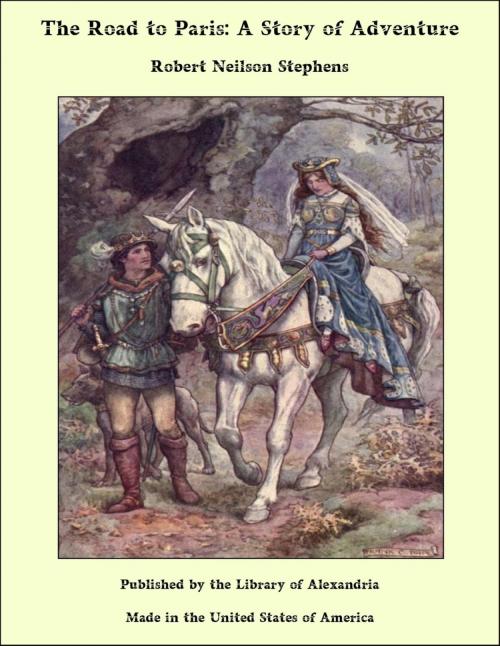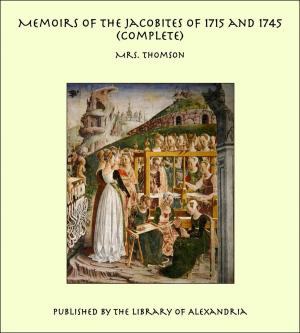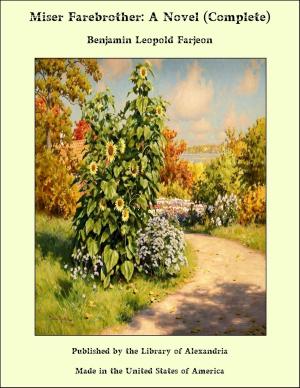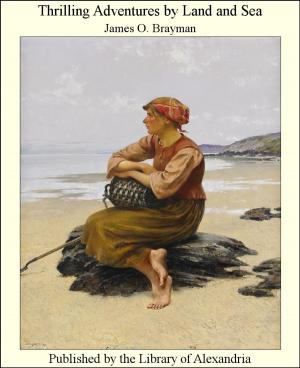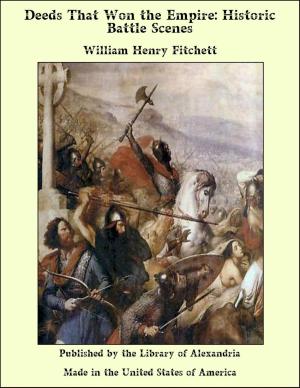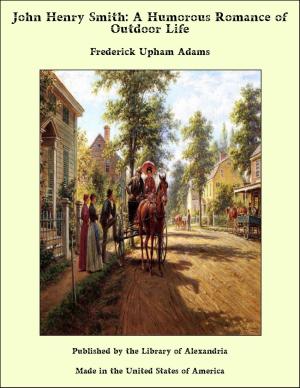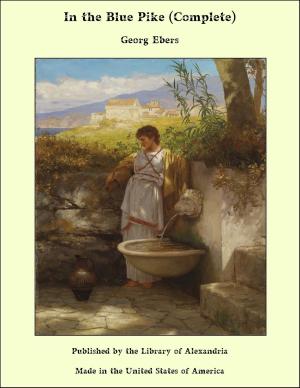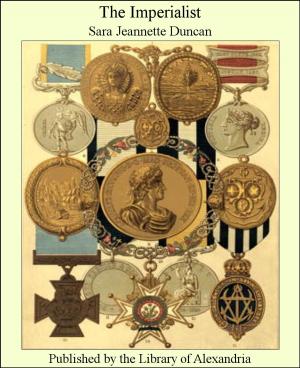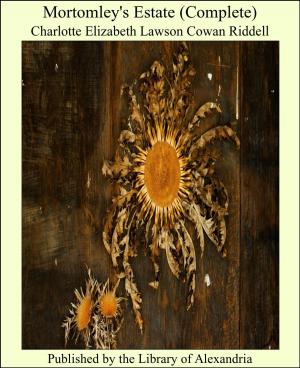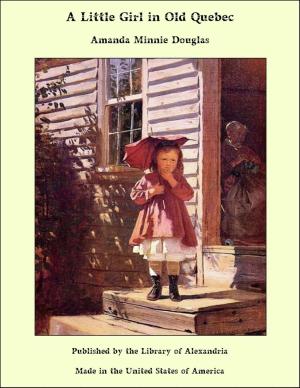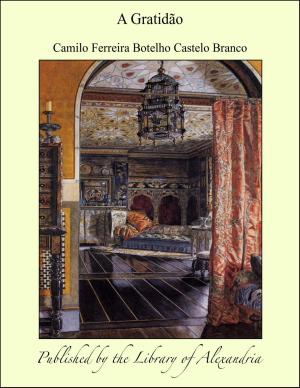The Road to Paris: A Story of Adventure
Nonfiction, Religion & Spirituality, New Age, History, Fiction & Literature| Author: | Robert Neilson Stephens | ISBN: | 9781465544049 |
| Publisher: | Library of Alexandria | Publication: | March 8, 2015 |
| Imprint: | Language: | English |
| Author: | Robert Neilson Stephens |
| ISBN: | 9781465544049 |
| Publisher: | Library of Alexandria |
| Publication: | March 8, 2015 |
| Imprint: | |
| Language: | English |
In the Jacobite army that followed Prince Charlie and shared defeat with him at Culloden in 1746, were some who escaped hanging at Carlisle or elsewhere by fleeing to Scottish ports and obtaining passage over the water. A few, like the Young Chevalier himself, fled to the continent of Europe; but some crossed the ocean and made new lives for themselves in Virginia, Pennsylvania, and other provinces. Two of these refugees, tarrying not in the thickly settled strip of country along the Atlantic coast, but pushing at once to the backwoods of Pennsylvania, were Hugh Mercer, the young surgeon destined to die gloriously as an American general thirty years later, and Alexander Wetheral, one of the few Englishmen who had rallied to the Stuart standard at its last unfurling. From Philadelphia, where they disembarked from the vessel that had brought them from Leith, straight westward through Lancaster and across the Susquehanna, the two young men made a journey which, thanks to the privations they had to endure, was a good first lesson in the school of wilderness life. They arrived one evening at the wigwams of a Shawnee village on the verge of a beaver pond, and were received in so friendly a manner by the Indians that Wetheral decided to live for a time among them. Mercer, joined by some other enterprising newcomers from the old country, went farther westward; but the two friends were destined to meet often again. Wetheral built himself a hut near the Indian village and indulged to the full his love of hunting, fishing, and roaming the silent forest. Often he saw other white men, for already the Scotch and Irish and English had begun to build their cabins and to clear small fields on both sides of the Susquehanna, across which river there were ferries at a few infantile settlements. By 1750 so many other English and Scotch, some of the men having their wives with them, had put up log cabins near Wetheral's, and had cleared ground for farming all around, that the settlement merited a name, and took that of Carlisle. The Indians, succumbing to the inevitable, betook themselves elsewhere.
In the Jacobite army that followed Prince Charlie and shared defeat with him at Culloden in 1746, were some who escaped hanging at Carlisle or elsewhere by fleeing to Scottish ports and obtaining passage over the water. A few, like the Young Chevalier himself, fled to the continent of Europe; but some crossed the ocean and made new lives for themselves in Virginia, Pennsylvania, and other provinces. Two of these refugees, tarrying not in the thickly settled strip of country along the Atlantic coast, but pushing at once to the backwoods of Pennsylvania, were Hugh Mercer, the young surgeon destined to die gloriously as an American general thirty years later, and Alexander Wetheral, one of the few Englishmen who had rallied to the Stuart standard at its last unfurling. From Philadelphia, where they disembarked from the vessel that had brought them from Leith, straight westward through Lancaster and across the Susquehanna, the two young men made a journey which, thanks to the privations they had to endure, was a good first lesson in the school of wilderness life. They arrived one evening at the wigwams of a Shawnee village on the verge of a beaver pond, and were received in so friendly a manner by the Indians that Wetheral decided to live for a time among them. Mercer, joined by some other enterprising newcomers from the old country, went farther westward; but the two friends were destined to meet often again. Wetheral built himself a hut near the Indian village and indulged to the full his love of hunting, fishing, and roaming the silent forest. Often he saw other white men, for already the Scotch and Irish and English had begun to build their cabins and to clear small fields on both sides of the Susquehanna, across which river there were ferries at a few infantile settlements. By 1750 so many other English and Scotch, some of the men having their wives with them, had put up log cabins near Wetheral's, and had cleared ground for farming all around, that the settlement merited a name, and took that of Carlisle. The Indians, succumbing to the inevitable, betook themselves elsewhere.
